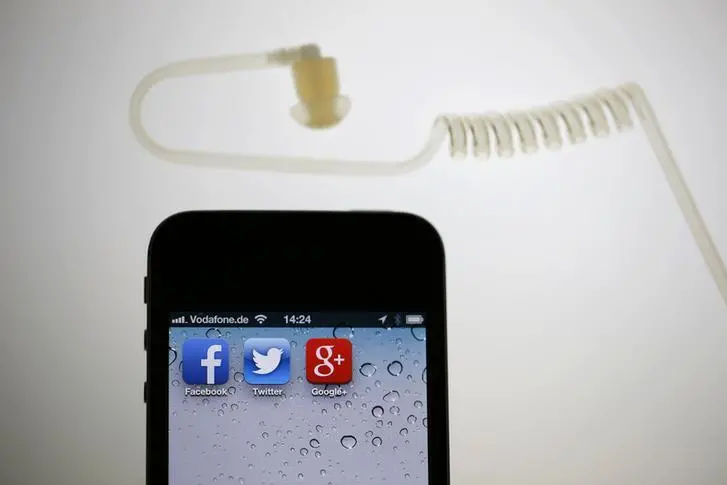PHOTO
SAN FRANCISCO - The U.S. government aid package for the virus-hit economy inadvertently does Big Tech a favor. Many Silicon Valley startups will miss out on $350 billion loans offered by the Small Business Administration. In some cases, entities with the same venture capital investor are lumped together, pushing them above the 500-employee threshold to receive assistance. It pressures them to sell to the biggest players like Google parent Alphabet or fold.
The $2.2 trillion emergency relief will help many workers and businesses dealing with an unprecedented economic shutdown. The U.S. House of Representatives passed the bill on Friday after the Senate approved it last week. One provision that kicks in at the end of this week boosts credit for a program at the Small Business Administration, which will guarantee repayment of the $350 billion in additional loans until the end of this year.
But technical rules mean many startups will be excluded. Firms with the same VC backer, or group of backers that have control through ownership stakes, management decision-making or other means are considered to be affiliated entities and their staff are counted together. If the combined portfolio companies have more than 500 employees, they are ineligible for the loan though the individual startup may have, say, only 50 workers.
Yet like many small businesses, layoffs have ratcheted up at startups. Business travel startup Lola recently let go of 34 employees, online news organization Protocol reported. Many other their portfolio companies are reviewing or have implemented staffing changes, including hospitality firm Sonder and business traveler housing outfit Zeus Living.
Just before the Covid-19 pandemic sent the world into a financial tailspin, Washington was scrutinizing the market power of the biggest tech companies like Facebook, Alphabet, Amazon.com and Apple, and even clamped down on bigger companies buying startups. Part of the review focuses on whether they’ve acquired startups to squash nascent competitors. It suggests that where the regulators aren’t stepping in, the market may do a good job of shutting businesses down.
Many startups may not be financially viable even in the absence of a pandemic, but they may not have the chance to figure that out. The SBA can save startups from being gobbled up by the biggest tech firms or being forced to shutdown because of the economic fallout from Covid-19 by issuing guidance that makes exceptions for startups so they can be eligible for the small business loans, just as was done for hotels and restaurants that are also reeling. Otherwise, innovative upstarts that create jobs and offer possible alternatives to Big Tech will be extinguished with the help of Washington.
CONTEXT NEWS
- The U.S. House of Representatives on March 27 approved a $2.2 trillion emergency relief package to help workers and businesses during the coronavirus-related economic shutdown. The U.S. Senate passed the bill on March 25. It provides $350 billion for loans to small businesses, which Treasury Secretary Steven Mnuchin said should be available starting on April 3, according to Fox Business Network.
- Firms with less than 500 employees, including affiliates, are eligible. Government rules count businesses that have the same owner or investors that have control through ownership stakes or management decision-making authority as affiliates. Such rules will be waived for the accommodation and food services sectors.
(Editing by Lauren Silva Laughlin and Amanda Gomez)
© Reuters News 2020





















